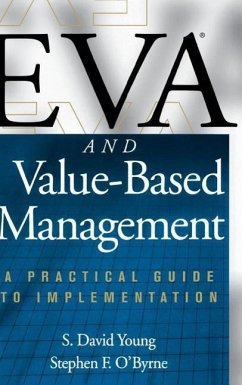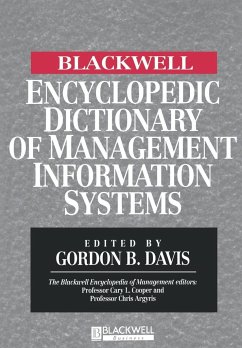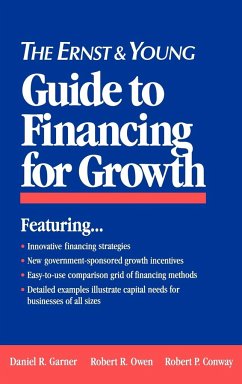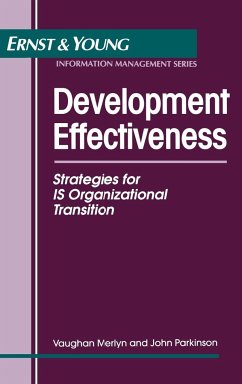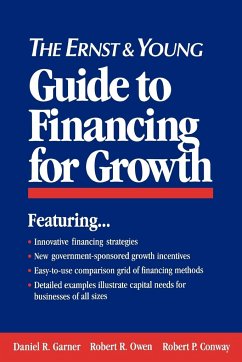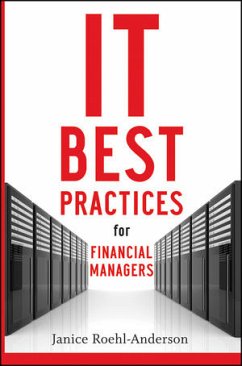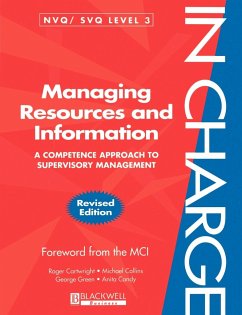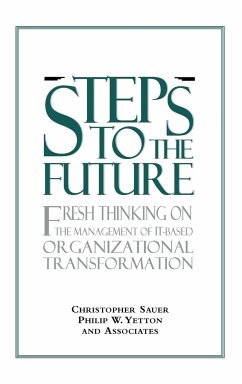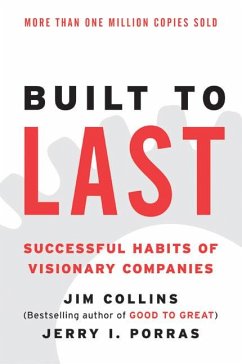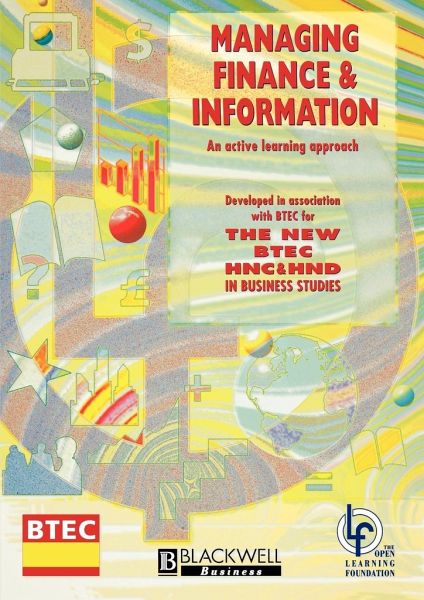
Managing Finance and Information
An Active Learning Approach
Herausgeber: Jennings, Alan; Senter, Howard
Versandkostenfrei!
Versandfertig in über 4 Wochen
23,99 €
inkl. MwSt.

PAYBACK Punkte
12 °P sammeln!
Managing Finance and Information has been developed to give the student the underpinning knowledge, understanding and skills for the core module in the BTEC HNC/HND in Business Studies. It is divided into two major sections dealing with finance and information. The emphasis is on the interrelation of the two, stressing that the effective management of any resources, including financial, depends on good information on which to base decision making. Each section gives a clear framework in which to view, examine and apply the key concepts, theories and systems to give the student the ability to: ...
Managing Finance and Information has been developed to give the student the underpinning knowledge, understanding and skills for the core module in the BTEC HNC/HND in Business Studies. It is divided into two major sections dealing with finance and information. The emphasis is on the interrelation of the two, stressing that the effective management of any resources, including financial, depends on good information on which to base decision making. Each section gives a clear framework in which to view, examine and apply the key concepts, theories and systems to give the student the ability to: * Identify and evaluate the sources of company finance * Evaluate the financial performance of companies and use financial information to support decision making * Understand the scope and purpose of management information systems and use them to store, retrieve and analyze information * Review MIS systems and evaluate the relevance of the information that they generate. Packed with examples from real business, self-assessment exercises, assignments and task-based activities, the workbook will be essential for all those taking the new BTEC Higher Nationals.





